Jacinda Ardern walks tightrope into 2023 election
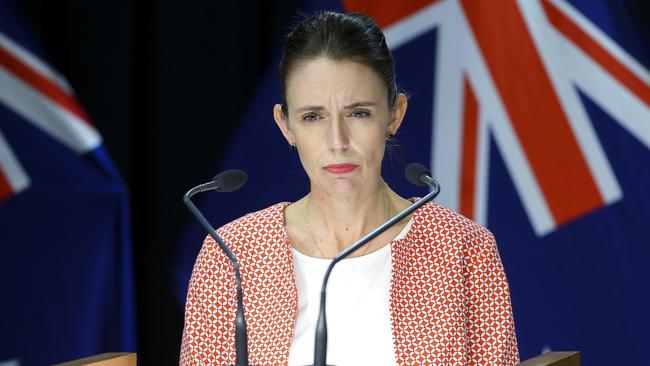
Just 18 months since Jacinda Ardern was re-elected to a second term with a historic majority, polls are now predicting a razor close contest in 2023, with neither the left nor the right bloc able to form a government without relying on the Maori nationalist party Te Pāti Māori.
It’s a remarkable reversal of fortune for Ardern who won 50.01 per cent of the vote in 2020, becoming the only Prime Minister to be able to govern without coalition partners since the first proportional representation (MMP) election in 1996.
But Ardern, like incumbents around the world, has found that it’s much easier to fight a virus than it is to deal with its economic consequences.
Voters rewarded the government for its successful Covid-19 strategy with strong support in 2020 and through much of 2021. But the arrival of the Delta variant changed all of that – the government was forced to ditch the popular elimination strategy, the country’s largest city, Auckland, was forced into a long lockdown, and the plight of Kiwis trapped overseas because they couldn’t get a spot in a managed isolation facility dominated the headlines.
Labour’s polling declined steadily over the course of 2021, but the party was still comfortably ahead of the Opposition National party in the latter half of last year.
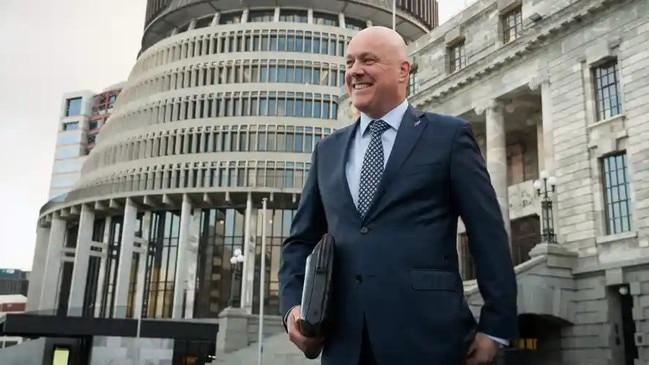
That all changed with the ascent of Christopher Luxon to the opposition leadership. The one-time Air New Zealand CEO, a protégé of former Prime Minister John Key, is a newcomer to politics – but his affable style, business background and strong media appearances have helped revitalise National’s polling.
Luxon’s rise coincided with the global wave of inflation that is hammering incumbent governments all around the world. With the highest inflation rate in 30 years, New Zealanders are seeing costs rising much faster than wages – and get reminded of that pain every day when they fill up the car or go to the supermarket.
For Luxon, the job now is to stay laser focused on the cost of living. Cleverly, he is targeting what he calls the “squeezed middle” – those voters who make too much to get any government assistance, but not enough to feel that they are getting ahead. It’s exactly the group of battlers that politicians such as John Howard have built careers appealing to.
For the government, the political task is much more complex. They need to get on top of the cost of living issue – something incumbent governments all over the world are failing to do.
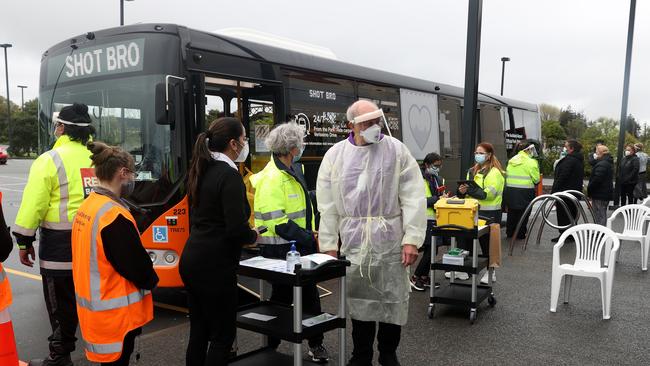
But they also have to show voters they are making progress on the long term challenges New Zealand was already grappling with before the virus hit – an overstretched hospital system, a housing crisis, persistent levels of child poverty and a yawning infrastructure gap.
And they need to draw a strong contrast with the opposition – reminding voters that elections aren’t just referendums on the current government, but a choice between two alternatives.
This is important because despite his strong run so far, Luxon has some obvious weaknesses as well. While he shares his mentor John Key’s business background, he lacks Key’s rags to riches backstory and his political instincts don’t seem as sharp. A series of self inflicted errors – including promising to scrap a public holiday, referring to those on government assistance as “bottom feeders”, having to reverse his position on public transport after admitting he “hadn’t thought too deeply about it”, and fumbling his sales job of his policy of tax cuts for the very wealthy have made him look out of touch and led to senior journalists questioning if he won the leadership too early.
Ardern is a gifted campaigner and will back herself to outperform Luxon on the campaign trail next year. And compared to the polling positions of other world leaders from Joe Biden to Scott Morrison, her position is relatively strong. She enjoys a 12 point lead over Luxon in the preferred Prime Minister stakes, according to the latest Newshub poll.
But all of that will be at risk if the economy doesn’t improve, or if the cost of living rockets even higher.
The key question of the next few months is this: Can Ardern see off the cost of living spike and navigate the economy through the stormy seas of the post-pandemic era?
She’s proven highly capable in a crisis, but this will be her biggest political test yet.
Hayden Munro was the campaign manager for Labour’s successful 2020 election win. He now works in corporate PR for Wellington-based firm Capital Communications and Government Relations.


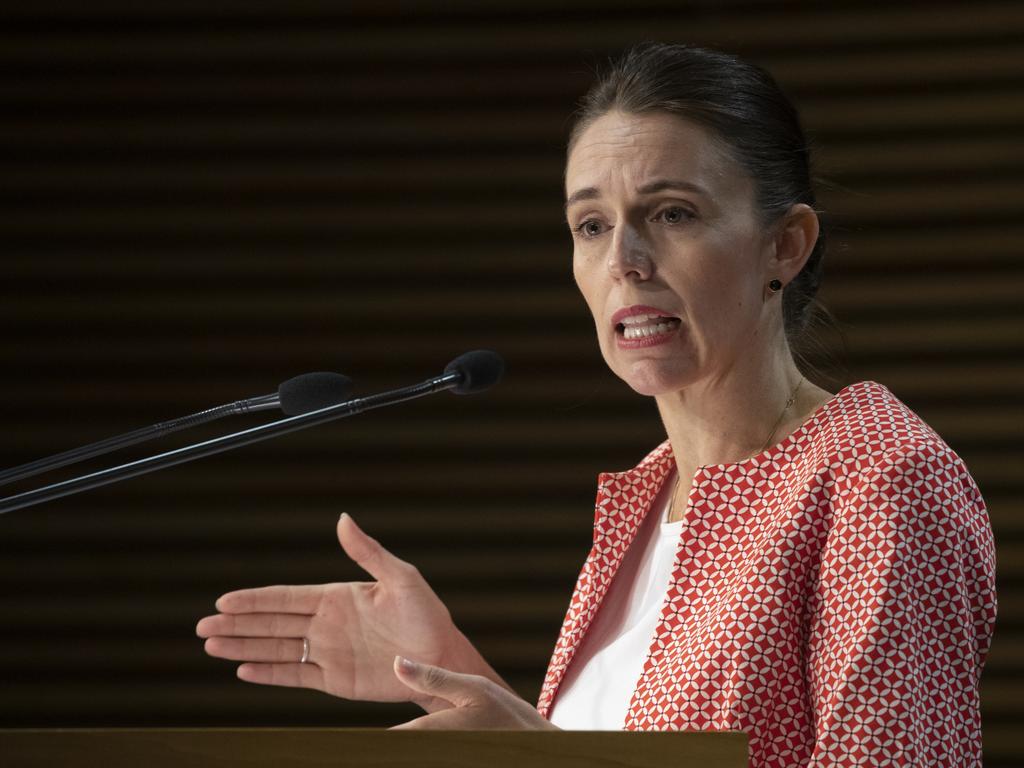
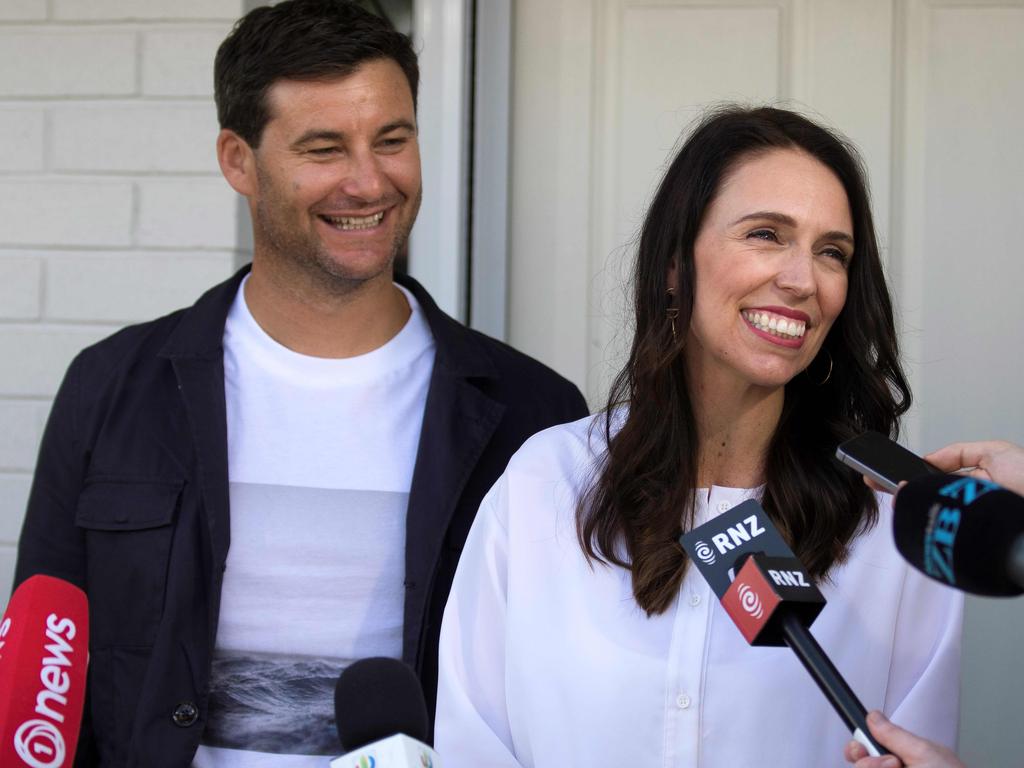

The next New Zealand election is shaping up to be a nail biter.